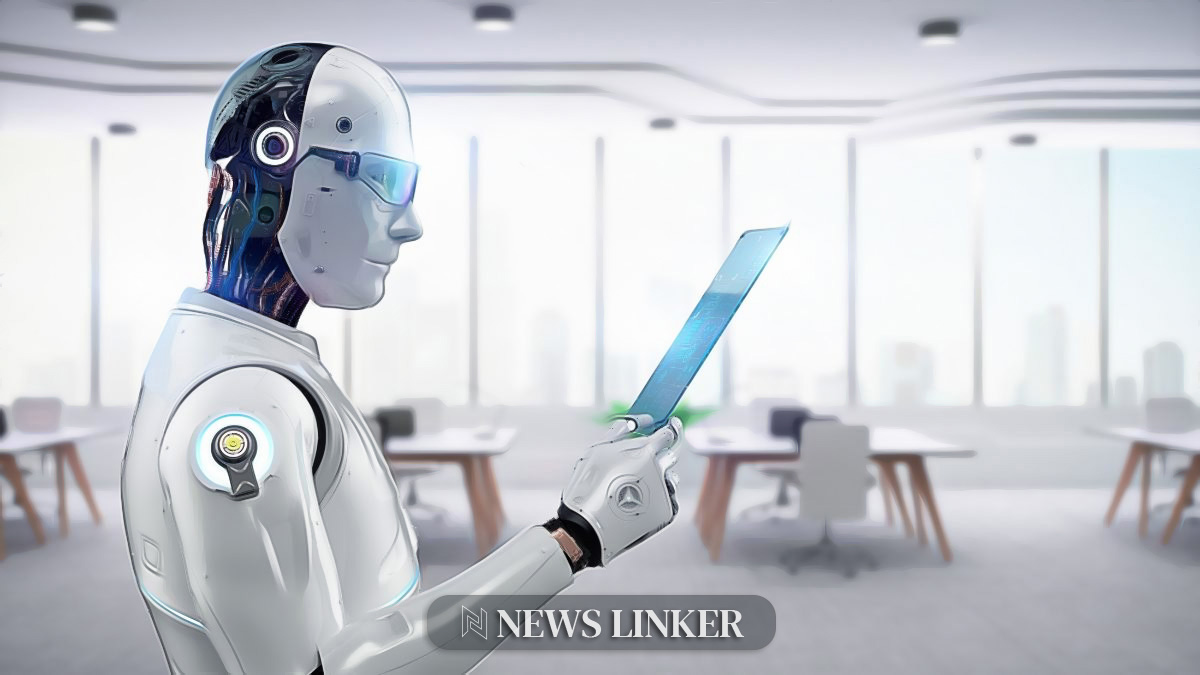In an era where digital information is an omnipresent force, the potential for artificial intelligence to disseminate disinformation poses a significant challenge to the integrity of democratic processes. Microsoft’s threat intelligence team has brought to light the risk of sophisticated AI-generated disinformation campaigns that are expected to target prominent elections in 2024. The warning underlines the critical concern for nations to remain vigilant and secure against such cyber threats.
Historical Context of Cyber Threats
Historically, the digital battlefield has seen diverse tactics from state-sponsored groups looking to sway public opinion and interfere in foreign affairs. In recent years, technological advancements have propelled the capabilities of these actors, allowing them to devise more convincing and widespread disinformation campaigns. Previous elections across various nations have faced cyber intrusions, reflecting an ongoing global issue. Election interference tactics have evolved, with recent incidents indicating a move towards leveraging AI technology to create and propagate false narratives, which has the potential to undermine electoral integrity and manipulate the democratic process.
Evolving Tactics in Disinformation
The recent report by Microsoft highlights that operatives backed by the Chinese government are likely to employ AI technologies to fabricate and circulate content on social media that serves their geopolitical goals. This revelation follows an observed ‘dry run’ in Taiwan’s presidential election earlier in the year, in which a pro-Beijing group tested the waters using AI to craft and disseminate content aimed at influencing voters. The nefarious techniques included releasing fake endorsements and fraudulent news reports, demonstrating a concerning leap in the sophistication of disinformation campaigns.
Global Impact and Countermeasures
With major elections on the horizon in countries like the United States, South Korea, and India, there is an evident threat of these AI-driven disinformation strategies being deployed. While the current impact on public opinion is evaluated as minimal, the Microsoft report urges awareness of the potential effectiveness of such tactics as they become more refined. This concern is further validated by the observation of Chinese groups actively trying to identify and exploit divisive issues within the United States, hinting at a strategic approach to targeting key voter demographics in future elections.
Looking into related developments in the field of AI and cybersecurity, Engadget reports in “New AI can produce high-quality deepfakes from a single image” that advancements in AI have made the creation of deepfakes remarkably easy and highly realistic, raising alarms for its implications in spreading disinformation. Additionally, The Verge, in its article “AI-generated voices sound more human than ever,” discusses the progress in synthesizing human-like voices, a technology that could be misused to create credible fake audio content for smear campaigns.
Useful Information for the Reader
- The risk of AI-generated disinformation in elections is escalating.
- Understanding AI’s role in cyber threats is crucial for election security.
- Public and private sectors must collaborate to mitigate these threats.
Implications for the Integrity of Elections
As the world braces for high-stakes elections across several democracies, the shadow of AI-generated disinformation looms large. Microsoft’s report serves as a clarion call to nations, particularly those with impending elections, to fortify their cybersecurity measures. It is imperative for governments, electoral bodies, and technology firms to work in tandem to detect and defuse such campaigns. Additionally, the revelation underscores the urgency for public education on media literacy to discern the authenticity of information, a critical skill in the digital age. This proactive approach is key to safeguarding the sanctity of democratic institutions and maintaining public trust in electoral outcomes.










